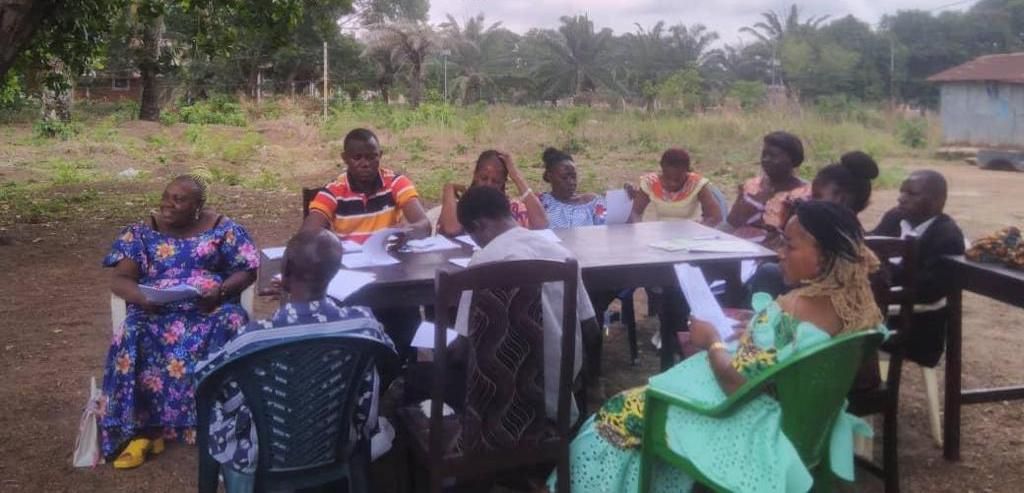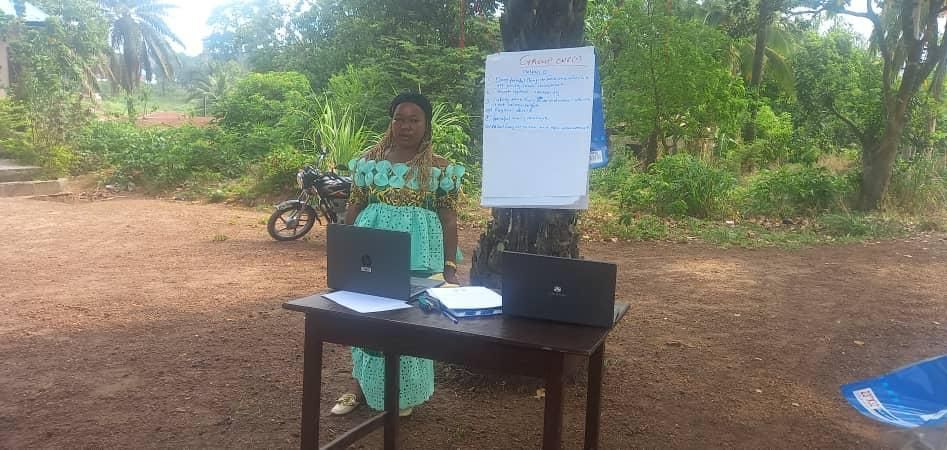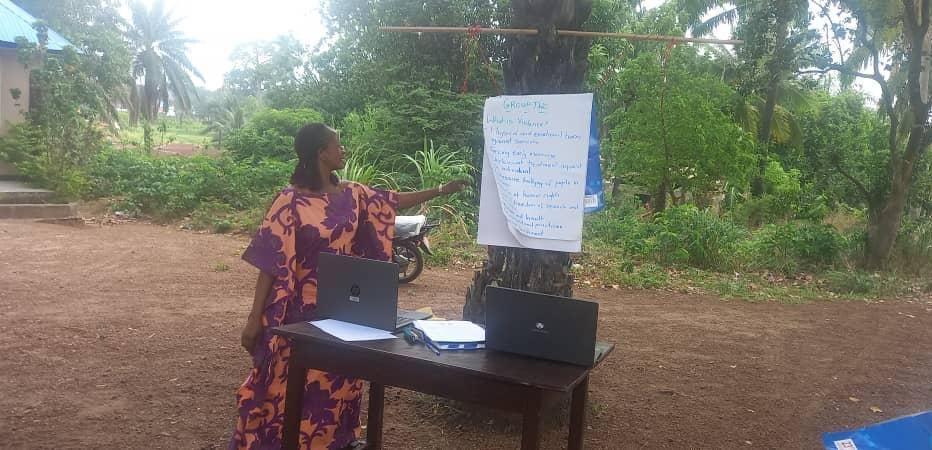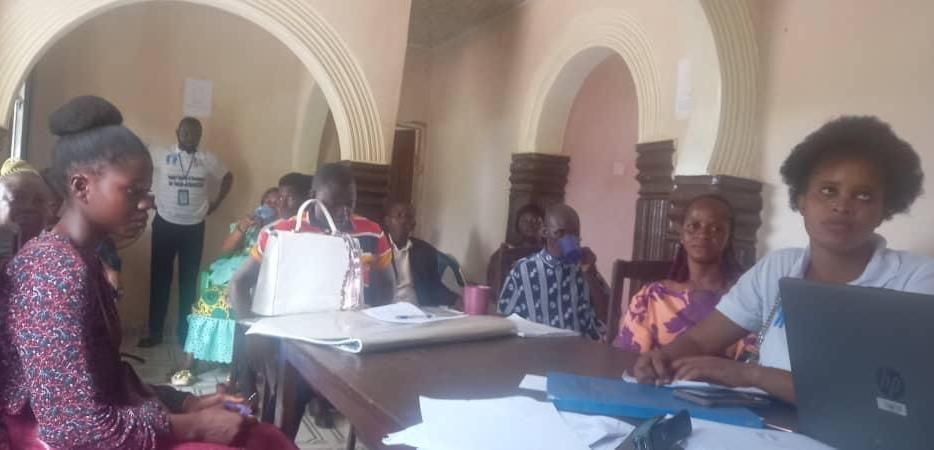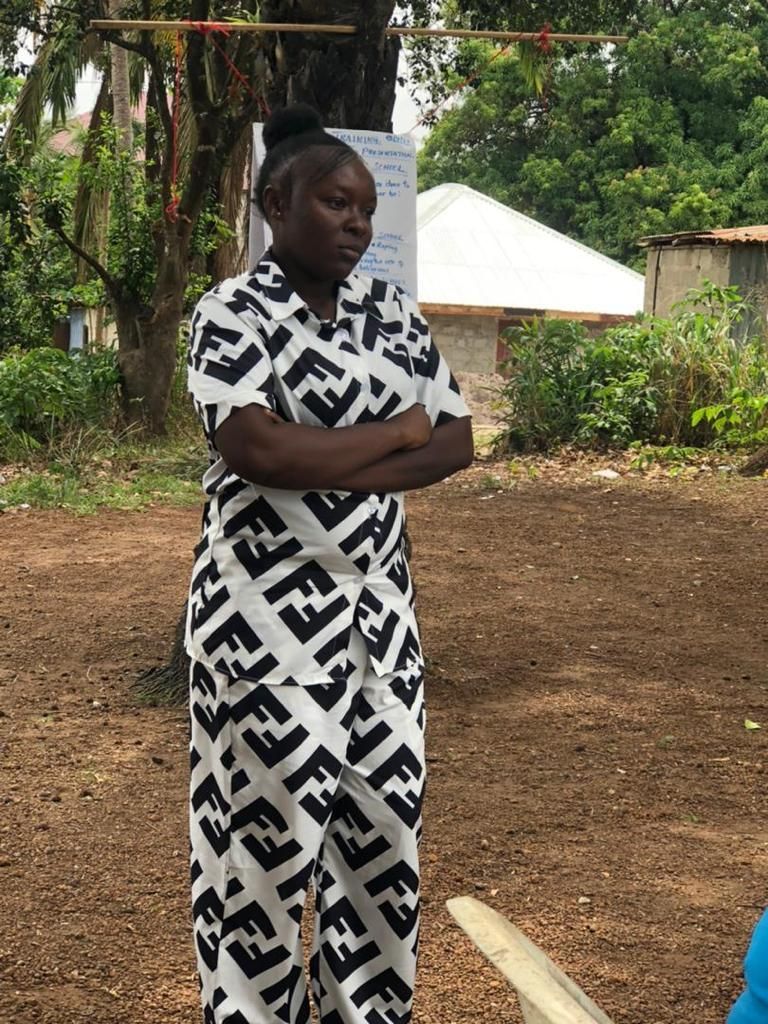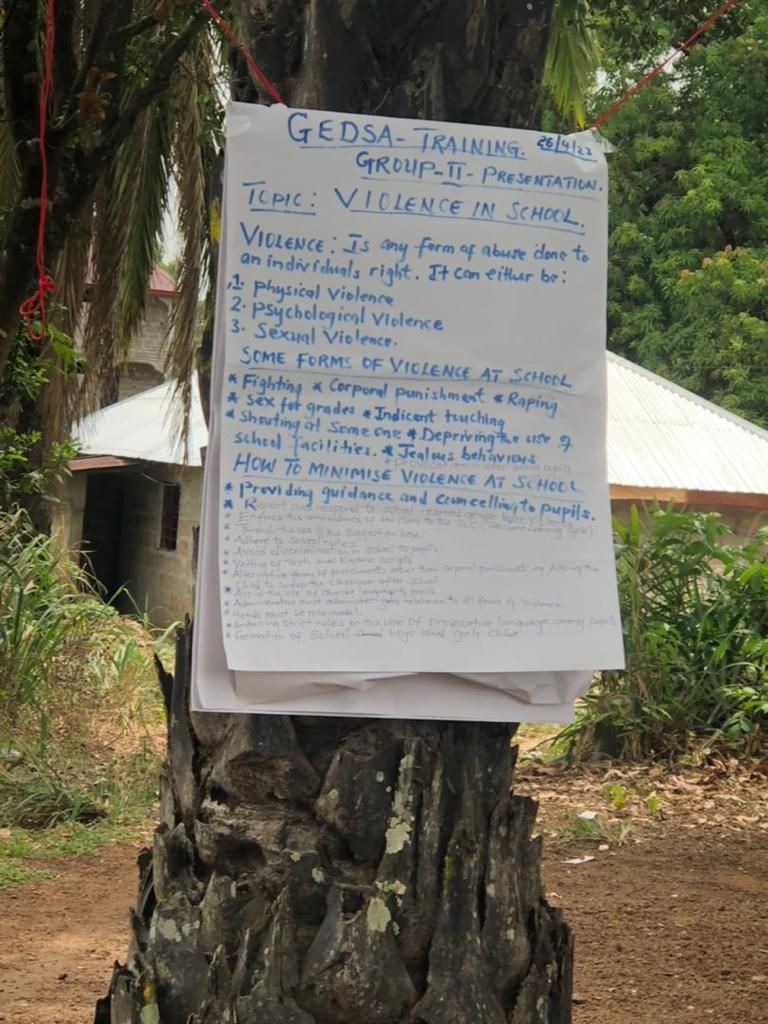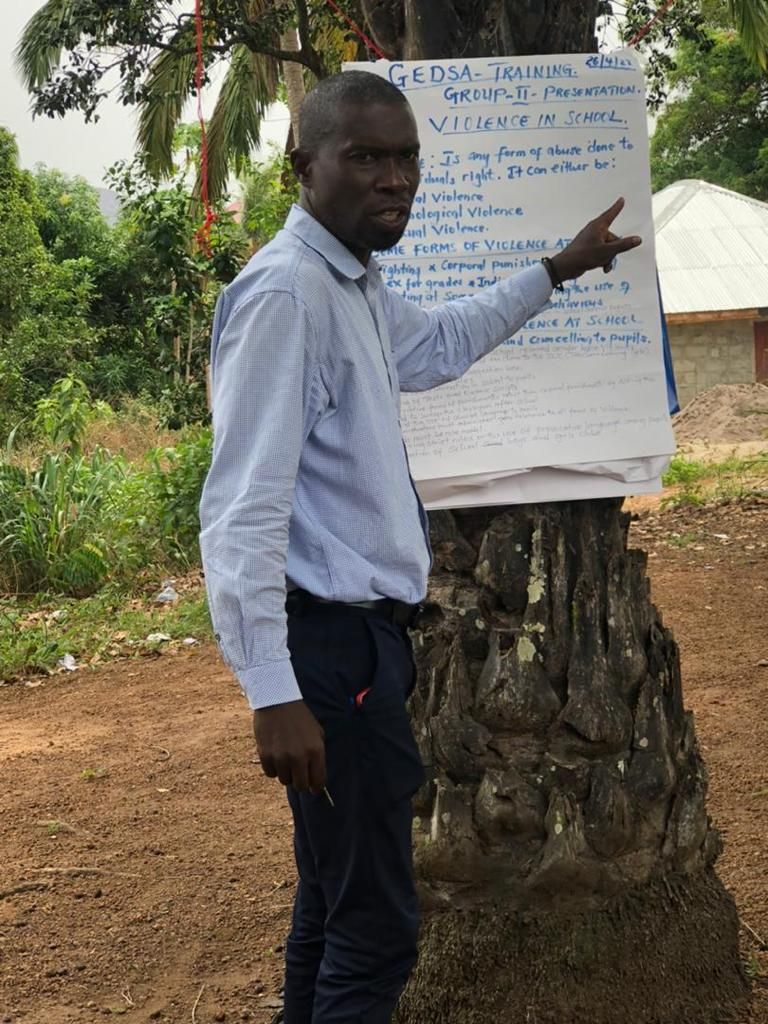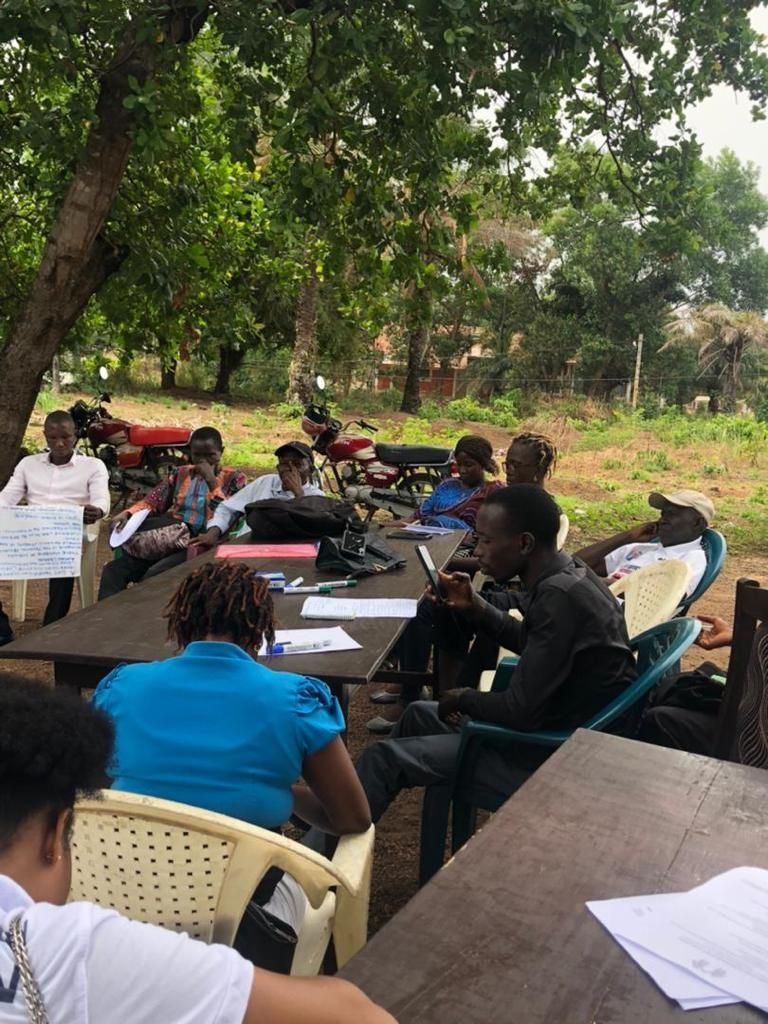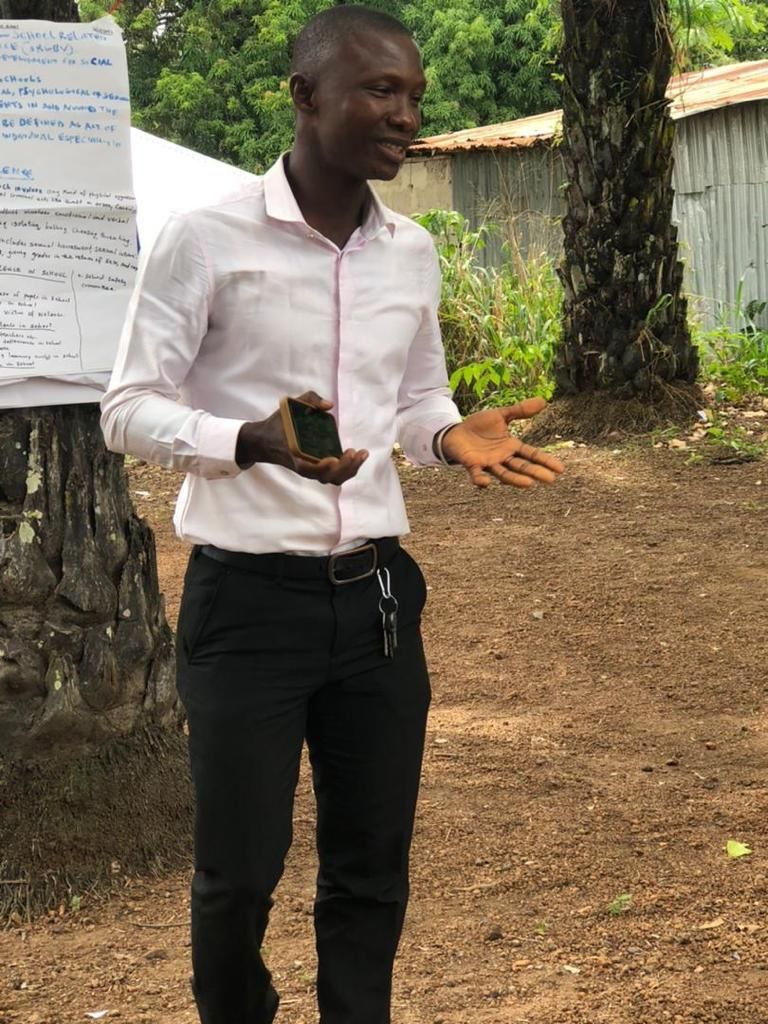Gender Equality and Development for Social Action (GEDSA) in Sierra Leone
Background to the project
Sierra Leone is a small country in West Africa which experienced a deadly civil war in the 1990s which ended in 2002. Since then Sierra Leone has conducted different multitier democratic elections, but tensions continued to be high between the two major political parties, the Sierra Leone Peoples Party (SLPP) which is the currently ruling party, and the main opposition party All Peoples Congress party (APC). A date has been slated for the general election on June 24, 2023. There are different contentions this year because the country is using the district block system, instead of the constituency system, for carrying out the elections for members of parliament and local council elections.
As young people are the main engines of the political parties activities, we wanted to raise awareness in them. The Steve Sinnott foundation is supporting Gender Equality and Development for Social Action (GEDSA) to engage first time voters at school in discussing violence, the implication of violence and to encourage them to concentrate on their education.
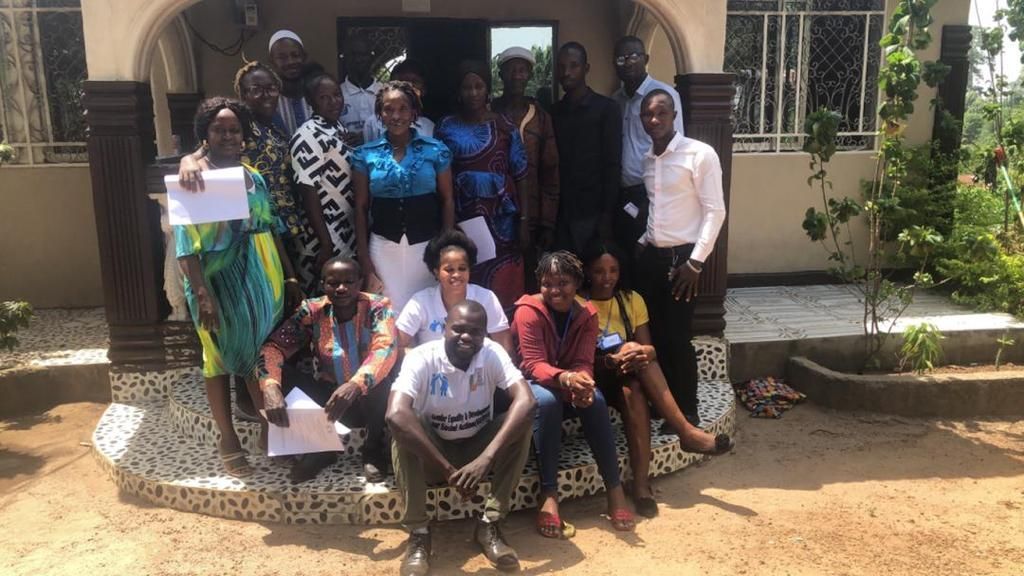
The work of the project
The program is targeting six junior secondary schools in Makeni Bombali district, where we find the most first time voters. These schools have about 700 to 800 students so we will have a big impact.
We engage with different stakeholders on a variety of topics, and we implement activities in schools, doing assembly sensitization, focus group discussions and also radio talk shows to engage the first-time voters.
The radio talk show will contribute towards reaching the parents and other community members, and not only the first voters. This is important because often when conflict and violence erupt it is the women, children and young people that are the victims of these circumstances. So, we work to engage them, and a team of dedicated young people at GEDSA are volunteering to ensure these messages reach far and wide.
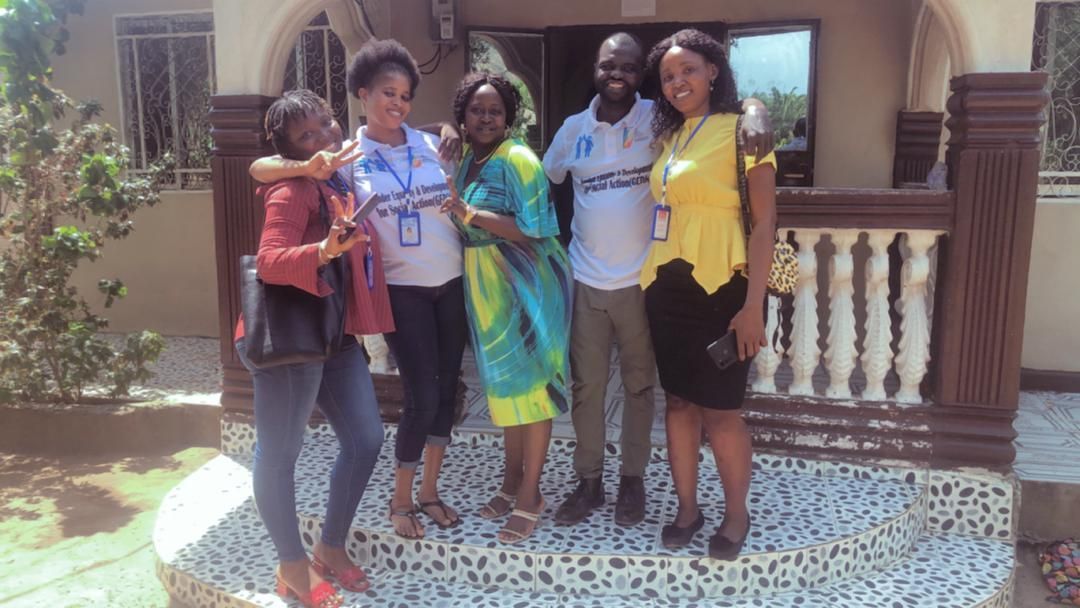
Project timeframe
This work started early in April 2023 when we implemented a range of activities in schools. The target is to work with these communities before, during and after the election in June to ensure that people understand the implications of violence and are supported to make better decisions.




